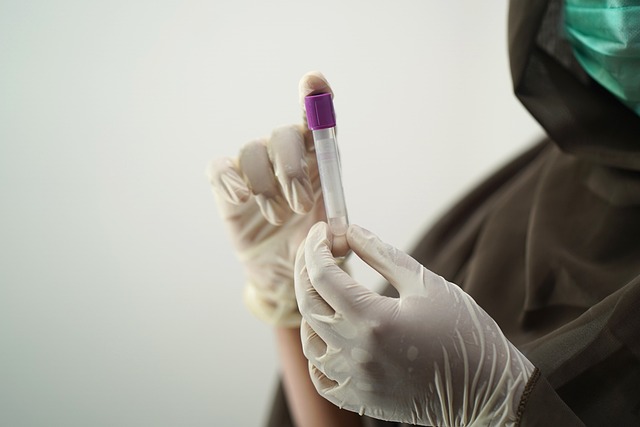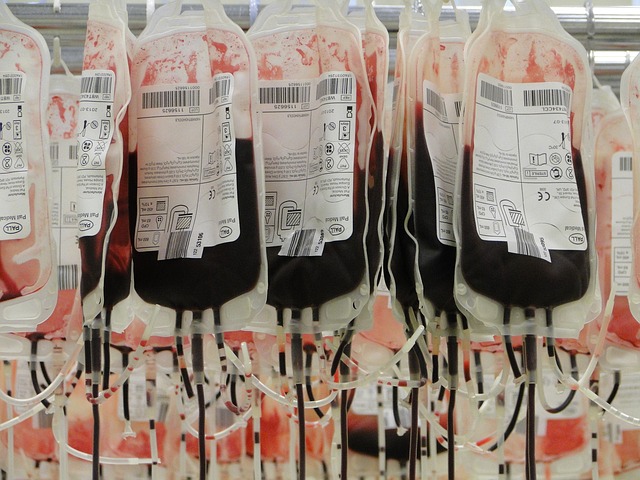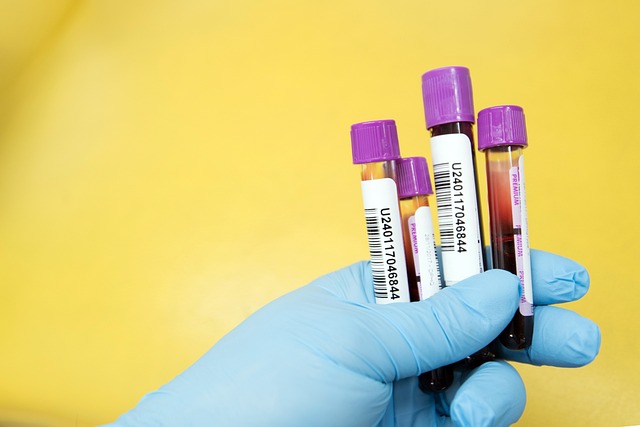The UK Male Hormone Blood Test is an all-encompassing diagnostic tool that provides detailed insights into male hormonal balance and liver health. It measures essential markers including liver enzymes ALT, AST, GGT, total bilirubin, thyroid function, and testosterone levels. These assessments help healthcare professionals evaluate the liver's status and its effects on hormonal equilibrium, enabling precise diagnoses and tailored treatment plans. The test includes a wide range of hormones such as Androstenedione, Testosterone, Dihydrotestosterone (DHT), Dehydroepiandrosterone sulfate (DHEA-S), Prolactin, Luteinizing Hormone (LH), Follicle-Stimulating Hormone (FSH), Thyroid-Stimulating Hormone (TSH), and Cortisol to provide a comprehensive overview of endocrine well-being. This test is instrumental in early detection and preventative care for men, ensuring a multifaceted approach to hormone analysis that supports the management and treatment of conditions related to hormonal imbalances or hepatic dysfunction, thus facilitating optimal patient care and diagnosis with the UK Male Hormone Blood Test.
Exploring the intricacies of liver function, this article delves into the significance of the UK Male Hormone Blood Test for medical professionals. It provides a comprehensive overview of the test’s role in assessing liver health, dissecting its components, and interpreting the results to inform clinical decisions. This guide is an indispensable resource for understanding the complex interplay between hormonal markers and liver function, enhancing the practitioner’s ability to diagnose and manage diseases effectively within the UK healthcare framework.
- Understanding the UK Male Hormone Blood Test: An Overview of Liver Health Metrics
- Components of the UK Male Hormone Blood Test: A Detailed Analysis of Hormonal Markers and Their Role in Liver Function
- Interpreting Results and Clinical Implications of the UK Male Hormone Blood Test for Medical Professionals
Understanding the UK Male Hormone Blood Test: An Overview of Liver Health Metrics

The UK Male Hormone Blood Test is a comprehensive diagnostic tool that provides insights into an individual’s liver function, hormonal balance, and overall health. This test specifically targets markers relevant to men’s health, including those affected by hormonal imbalances and liver-related conditions. It encompasses the assessment of liver enzymes such as alanine aminotransferase (ALT) and aspartate aminotransferase (AST), which are indicators of liver cell damage or inflammation. Additionally, it measures gamma-glutamyl transferase (GGT), an enzyme often elevated in cases of liver disease, including alcohol-related conditions. The test also includes the evaluation of total bilirubin, a waste product that, when levels are abnormal, can signal liver dysfunction or obstruction within the bile ducts. Moreover, the UK Male Hormone Blood Test examines thyroid function and testosterone levels, which are critical for male reproductive and metabolic health, and can be influenced by liver health. This holistic approach ensures that medical professionals have a clear understanding of the liver’s status and its impact on overall male hormonal balance, thereby facilitating accurate diagnosis and effective treatment planning. Understanding the interplay between these hormones and liver function is essential for healthcare providers to monitor and maintain men’s health effectively. The test’s ability to provide a detailed picture of liver health and hormone levels makes it an invaluable tool for early detection of potential issues, ultimately guiding preventative care and treatment strategies tailored to the unique needs of male patients.
Components of the UK Male Hormone Blood Test: A Detailed Analysis of Hormonal Markers and Their Role in Liver Function

The UK Male Hormone Blood Test is a comprehensive diagnostic tool that provides insights into an individual’s hormonal profile, which plays a pivotal role in overall health, including liver function. This test includes a panel of hormonal markers that are critical for assessing the body’s endocrine status. Androstenedione, testosterone, and dihydrotestosterone (DHT) are among the key androgens measured, offering a clear picture of the male hormonal balance. Dehydroepiandrosterone sulfate (DHEA-S) is another significant component, reflecting the body’s adrenal health. These androgens influence various physiological processes and can be indicative of liver health due to their metabolic conversion pathways. For instance, testosterone is primarily synthesized in the testes but can also be produced in the liver, where it is converted from androstenedione. An imbalance or abnormality in these hormonal levels may suggest a disruption in liver function or other underlying health issues. Prolactin, luteinizing hormone (LH), follicle-stimulating hormone (FSH), thyroid-stimulating hormone (TSH), and cortisol are additional hormones included in the test, which collectively contribute to a holistic view of the hypothalamic-pituitary-adrenal (HPA) axis function and thyroid health. The interplay between these hormones and their levels can thus be a reliable indicator of endocrine health, with liver function tests often included in the same panel to provide comprehensive health assessment. Understanding the role of each hormonal marker within the context of liver function is essential for medical professionals to accurately diagnose and treat conditions related to endocrine imbalances or hepatic dysfunction. This multifaceted approach to hormone analysis, as provided by the UK Male Hormone Blood Test, is invaluable for early detection and management of health issues, ensuring optimal patient care.
Interpreting Results and Clinical Implications of the UK Male Hormone Blood Test for Medical Professionals

For medical professionals, interpreting the results of the UK Male Hormone Blood Test requires a comprehensive understanding of the normal reference ranges for hormones such as testosterone, luteinizing hormone (LH), and follicle-stimulating hormone (FSH) in men. These tests are pivotal in assessing endocrine health and diagnosing conditions like hypogonadism, hypergonadism, or androgen deficiency syndromes. The testosterone level is a critical indicator of male reproductive and sexual health; it should be within the age-specific normal range to ensure optimal health. Elevated LH and FSH levels can indicate a disorder of the testes or pituitary gland, which may lead to infertility or other hormonal imbalances. The clinical implications are significant as these hormones play roles in spermatogenesis, muscle mass maintenance, bone density, mood regulation, and overall well-being. Abnormal results necessitate a thorough patient history review, follow-up tests for confirmation, and a tailored treatment plan that could include hormone replacement therapy, lifestyle modifications, or other interventions to address the underlying cause. Understanding the nuances of hormonal imbalances and their potential impact on a man’s health is essential for medical professionals to provide appropriate care and improve patient outcomes. The UK Male Hormone Blood Test provides valuable insights into the complex interplay between these hormones, enabling healthcare providers to diagnose and manage endocrine disorders effectively.
In conclusion, the UK Male Hormone Blood Test stands as a valuable diagnostic tool for medical professionals. It provides comprehensive insights into liver health by assessing both liver function markers and hormonal levels specific to men. By understanding the nuances of these metrics, healthcare providers can effectively interpret results, leading to informed clinical decisions. This test not only aids in the early detection of potential liver issues but also offers unique insights into male hormone balance, which is crucial for holistic patient care. As such, it is imperative for practitioners to integrate this test into their diagnostic protocols to better serve their patients’ health needs.
